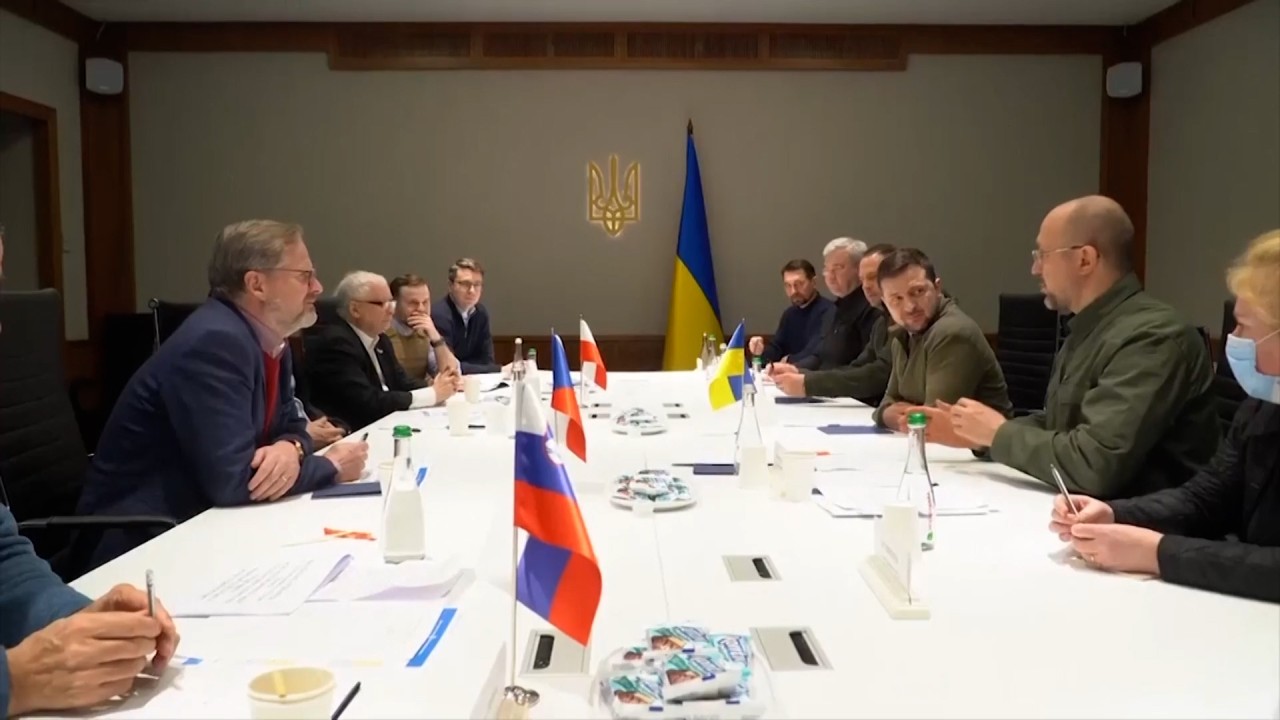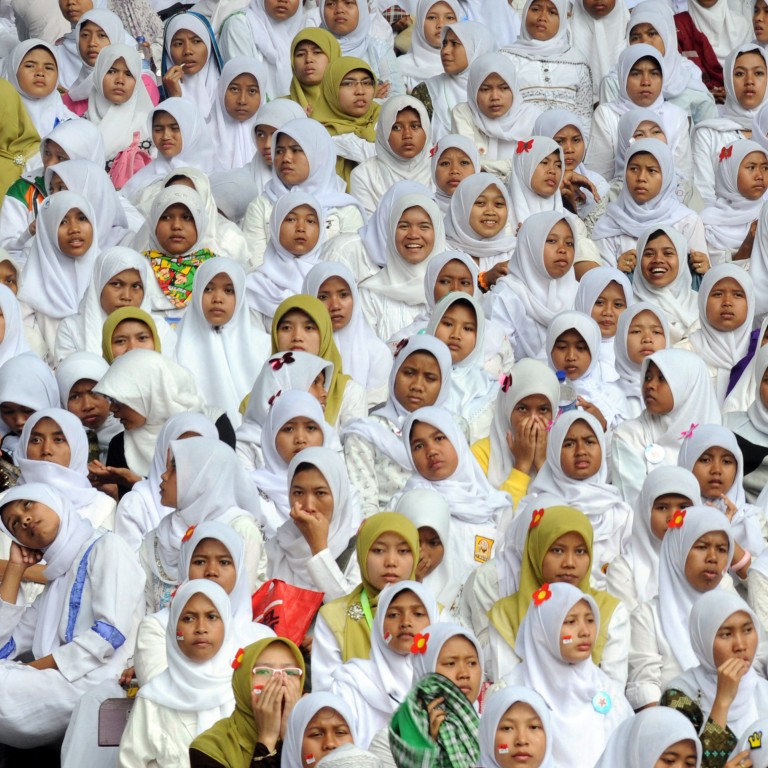
Russia and Ukraine jostle for support of world’s largest Islamic group, Indonesia’s Nahdlatul Ulama
- Envoys from both countries have met Yahya Staquf, the recently elected leader of Nahdlatul Ulama, amid a battle to gain the support of the group’s 90 million members
- Under Staquf, the group’s influence throughout the world has grown. Experts say the envoys see courting the group as a way of influencing President Joko Widodo
Last week, Ukraine’s envoy met with the recently elected NU leader Yahya Staquf. The next day, the Russian envoy showed up at NU’s headquarters in Jakarta.
Ukraine envoy to Indonesia urges G20 to put Russian invasion on agenda
“I sincerely hope NU, Yahya and all Indonesian Muslims will speak up, say a prayer … assist somehow in bringing this war to an end, to reduce the suffering of Ukrainian people including that of some 2 million Muslim brothers in Ukraine,” the Ukrainian ambassador Vasyl Hamianin said after the meeting.
“Many people are suffering badly in many cities as the whole of Ukraine is on fire,” Hamianin added.
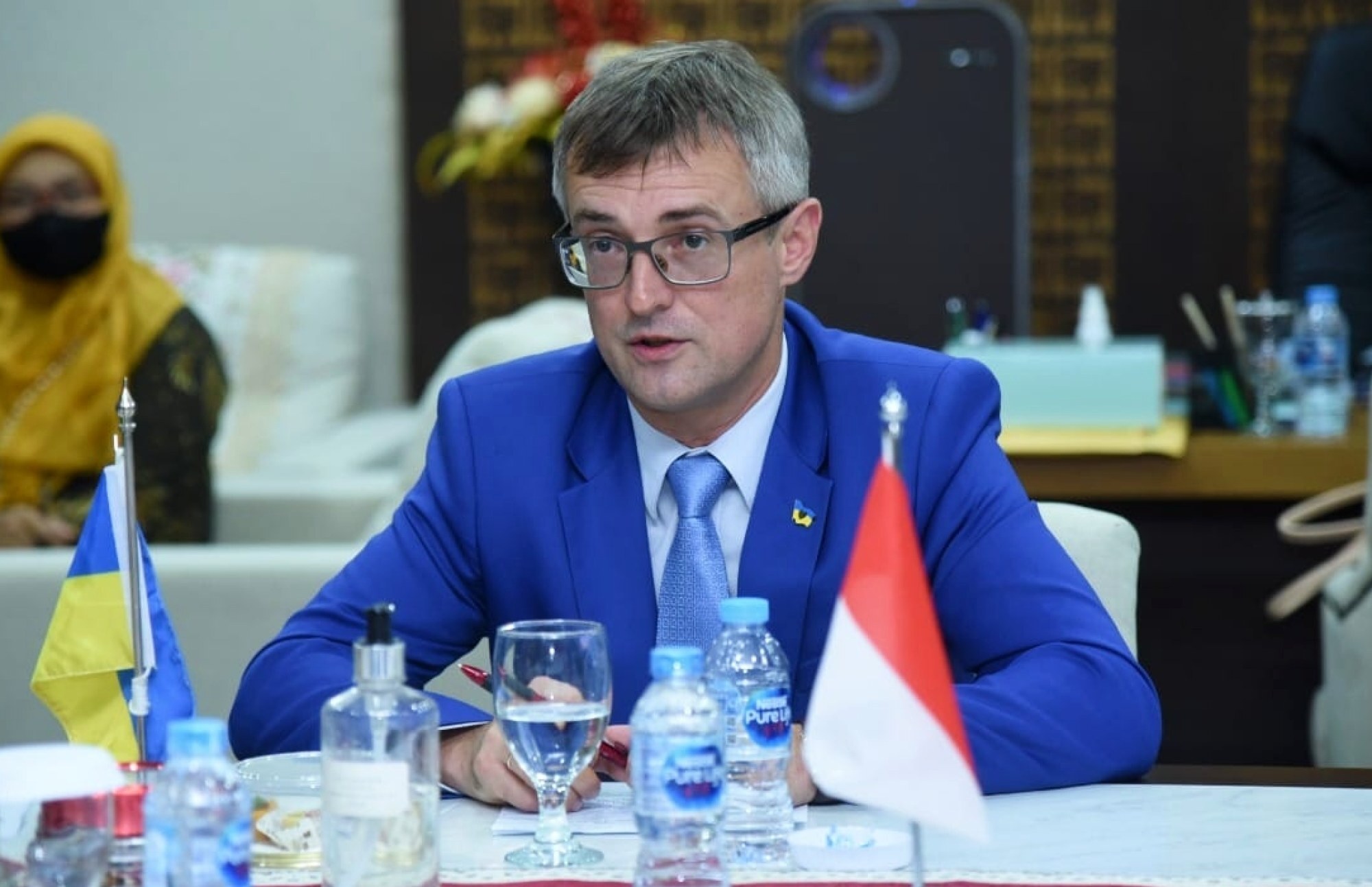
NU, with its 90 million followers in the world’s most populous Muslim nation of 270 million, is the world’s largest Muslim organisation.
Taylor said that under Staquf, NU’s ability to “project strategic influence throughout the world” had grown.
“That is why they [the ambassadors] considered NU to be a very important Indonesian nonstate actor they should consult, presumably to try influencing President Widodo indirectly as well,” Arifianto added.
Zachary Abuza, professor of Southeast Asia at the Washington-based National War College, said NU with its long tradition of humanism and concern for human rights, wanted “to find a middle ground”.
Singapore’s services trade with Russia could be at risk after Moscow’s warning
Abuza said Indonesia really didn’t matter much to Russia as it was “a minor trading partner” and Moscow’s attempt to grow Jakarta into a significant arms client had not worked.
“For Russia, it is simply enough to have the Indonesians not directly condemn them or even use the term ‘invasion’,” said Abuza, describing Indonesia’s stance on Ukraine as “sheer diplomatic cowardice”.
Arifianto, who studies Indonesian politics and political Islam, said NU had increasingly become a key player in “Indonesia’s international diplomacy likely beyond its traditional role in promoting interfaith dialogue”.
Staquf in particular, Arifianto said, had much experience in diplomacy.
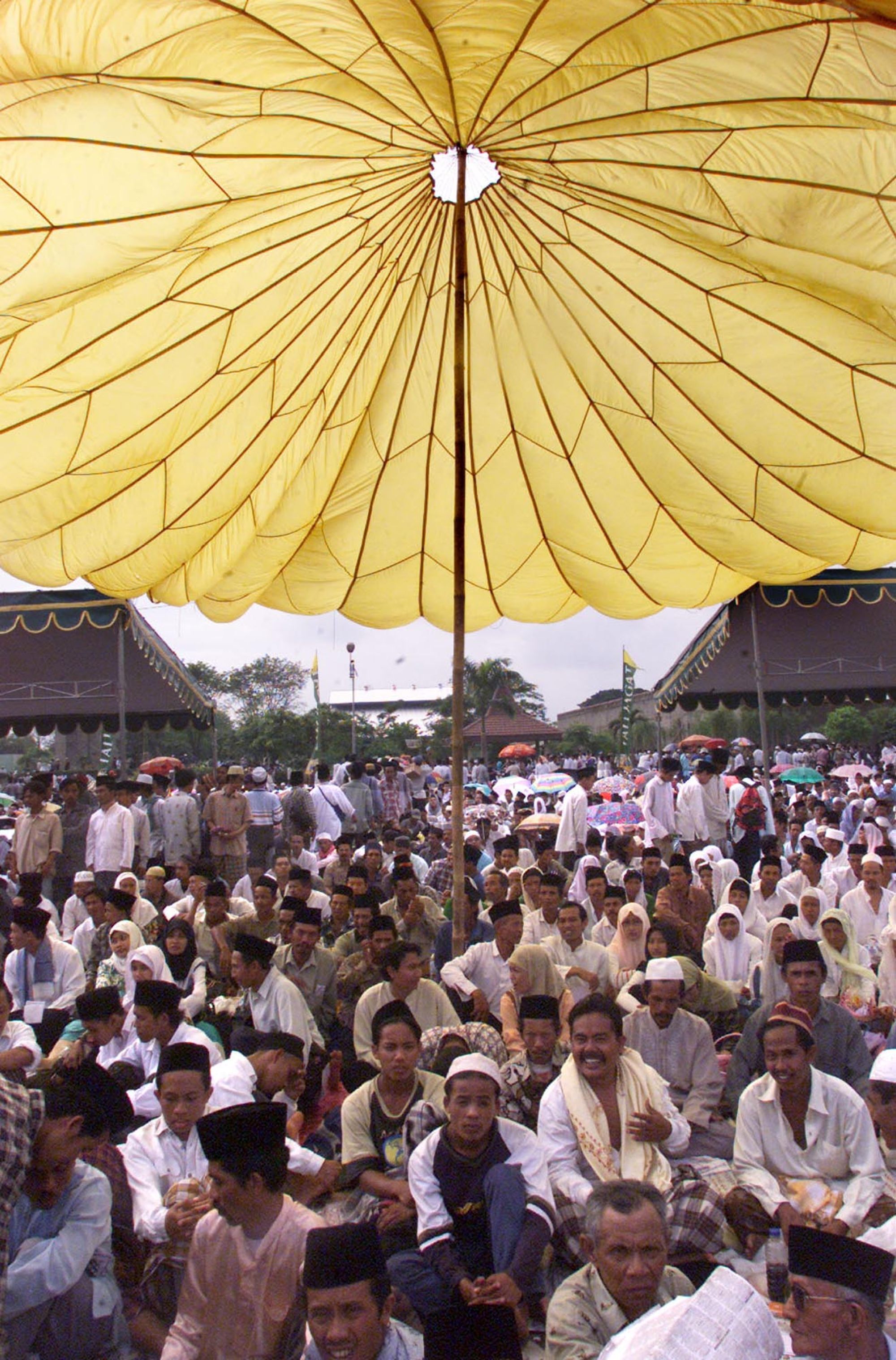
The 56-year-old, a prominent Muslim scholar, is also known as Gus Yahya. He comes from a respected family of clerics. An advocate of interfaith dialogue and protection of minorities, he was previously the spokesman for the late president Abdurrahman Wahid.
His younger brother, Yaqut Cholil Qoumas, is the Minister for Religious Affairs in the government.
After Russia began its invasion of Ukraine, Staquf warned this was a threat to the international world order that had been looming since World War II.
The invasion risked “undermining stability within the Islamic world by normalising aggression between states,” he said.
The international community’s response was crucial to determine if the post-World War II international order could be preserved. There should be a “robust response” he said, as the Russian invasion constituted a major challenge to the nations of the world.
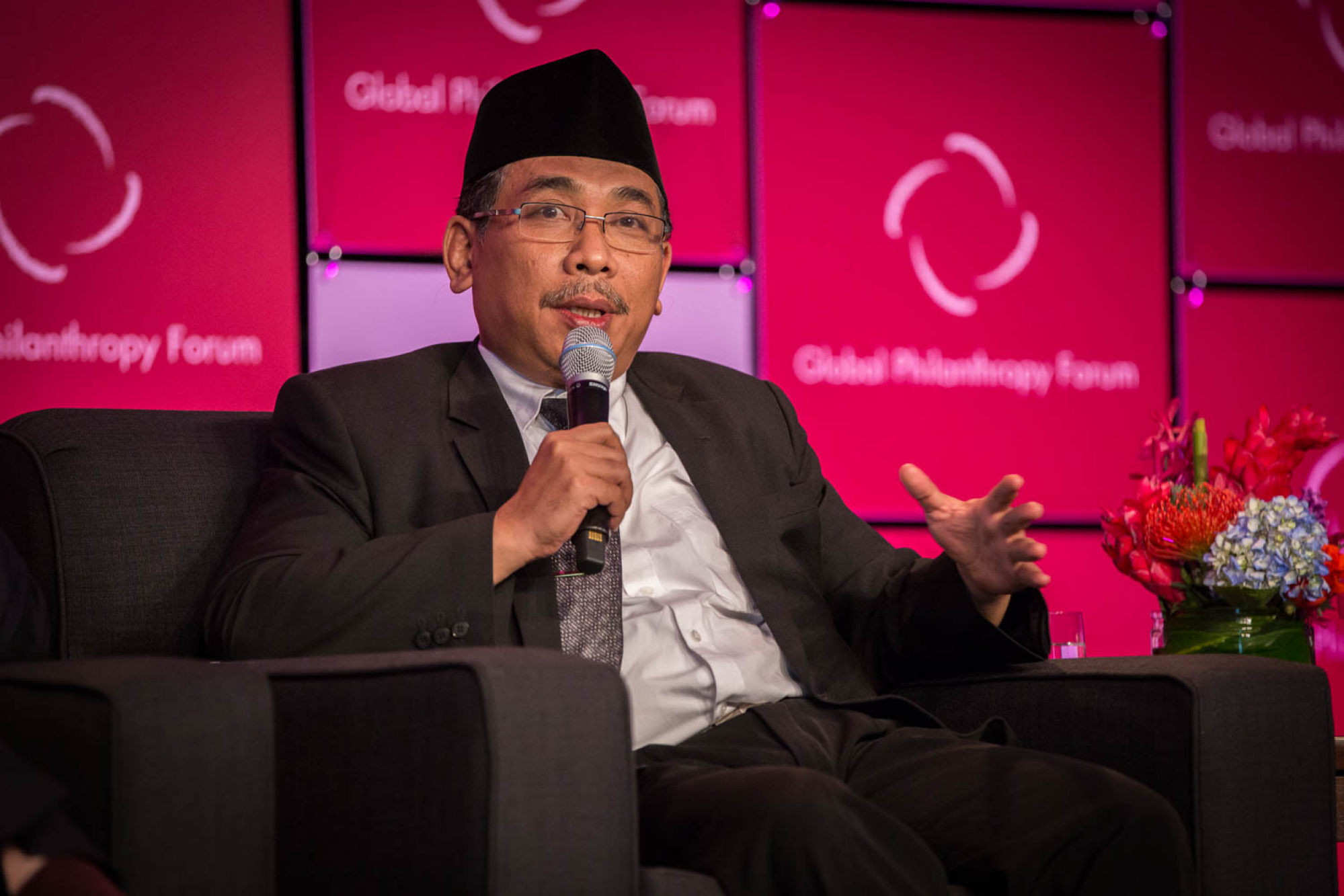
Countering violent extremism
In an interview with This Week In Asia, Staquf said there was a need to view radical groups as transnational organisations with large resources whose propaganda framed social discontent in various sectors as a consequence of choosing a non-Islamic system over an Islamic one.
“This is a major failure in the approach to tackling the problem of radicalism. That is the failure to understand that radical impulses are essentially political choices,” Staquf said.
“We have to articulate better the criticism of radicalism as a political choice … which is namely to overthrow the system that is accused of being a ‘non-Islamic system’ and to replace it with a system that is claimed to be an ‘Islamic system’, which would mean destroying the entire social fabric and triggering chaos that if left unchecked, will lead to a massive humanitarian disaster,” Staquf said.
We have to articulate better the criticism of radicalism as a political choice
Robi Sugara, a lecturer and counterterrorism analyst at Syarif Hidayatullah Islamic University in Jakarta, said radical groups in Indonesia were influenced by transnational groups influenced by Salafi-jihadist ideology or a combination of Salafi-Wahhabi ideology.
“We must admit … that an organisation as big as NU, needs to [come up] and say that terrorist acts in Indonesia are committed by radical Islamic [groups],” Sugara said.
Sugara said that since the founding of Indonesia in 1945, NU had always been active in fighting all forms of radicalism that aimed to replace the Republic of Indonesia with a different system of nationhood – be it communism or a Caliphate.
“Gus Yahya is continuing and will not be deviating from [NU’s] fundamental historic struggles,” Sugara said.
He said NU’s greatest strength lay in its clerics, Islamic students and other members.
Sugara warned that the NU leadership’s lack of consolidation and its unwitting involvement in practical politics, as well as its lack of health and spiritual services for its followers in recent times, had led many NU members to “change course to radical groups”.
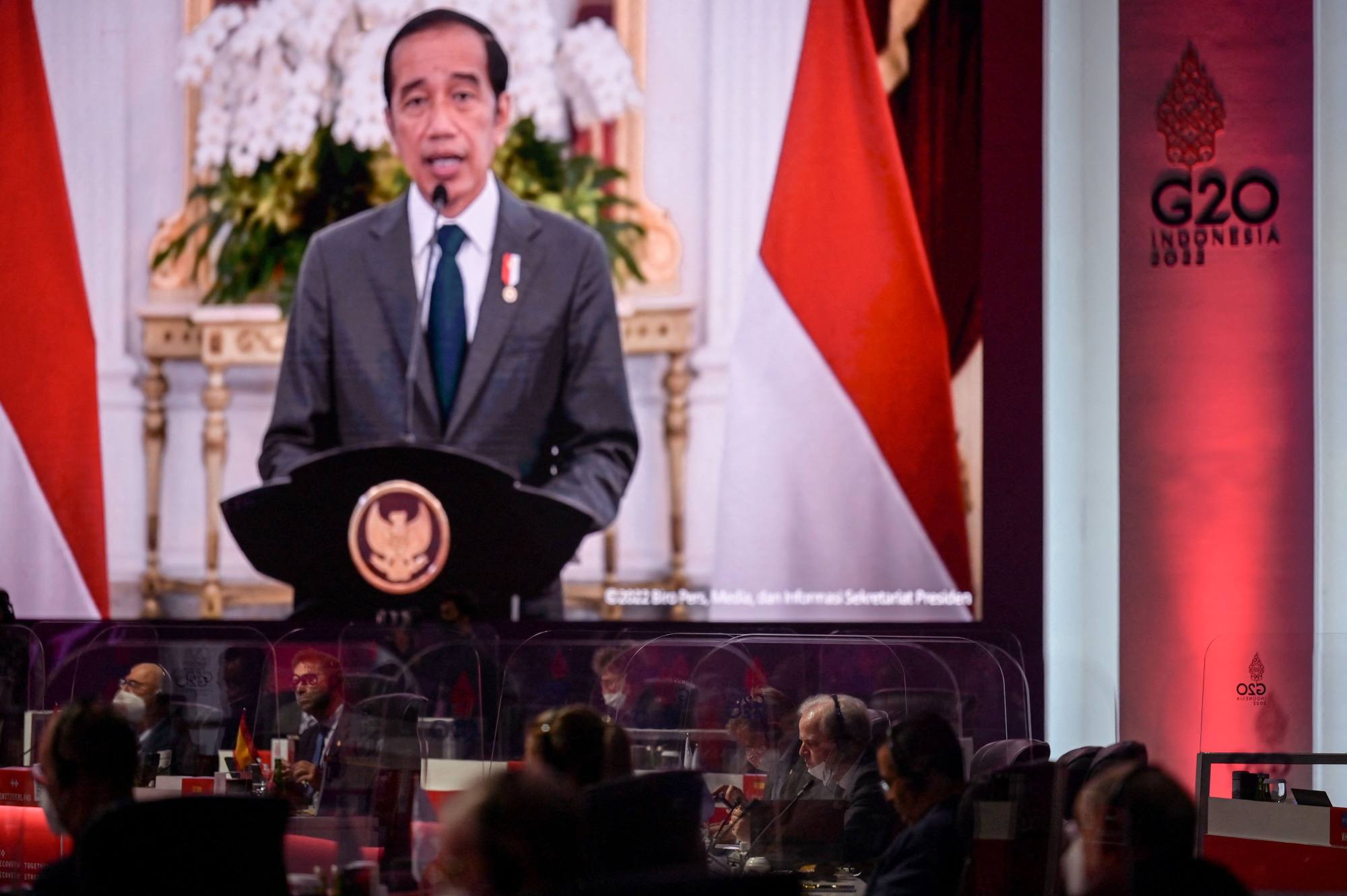
Moderate Islam beyond Southeast Asia
While NU is well known in Southeast Asia, it is not as widely known as other transnational Islamic groups, like the Gulen movement.
Staquf would like to see NU better known internationally as one of the leading Islamic organisations promoting moderate and humanitarian values.
“I believe under his leadership Gus Yahya will redouble the effort to establish NU as a leading moderate Islamic organisation in the world and will work with the Indonesian Ministry of Foreign Affairs to promote Indonesia as a leading proponent of moderate Islam in the globe,” Arifianto said.
“NU … has historically promoted its moderate Islamic theological vision internally [within Indonesia] instead of trying to promote it internationally,” Arifianto said.
Japan considers nuclear plant cops to tighten security after Ukraine attack
Arifianto said NU might have limitations in projecting its influence internationally as it did not have the financial resources of other transnational Islamic groups and would probably need “to rely a lot on subsidies from the Indonesian government” to promote its moderate interpretation of Islam overseas.
He pointed to the “Dialogue Among Civilisations” initiative of the Fethullah Gulen movement from Turkey and programmes in the United Arab Emirates and Qatar as examples of how to promote “moderate Islam” internationally.
He said these countries spent tens of millions of dollars on their initiatives and that NU’s efforts to promote its vision of Islam to the world might not be successful if the Indonesian government was not willing to spend a similar amount.


